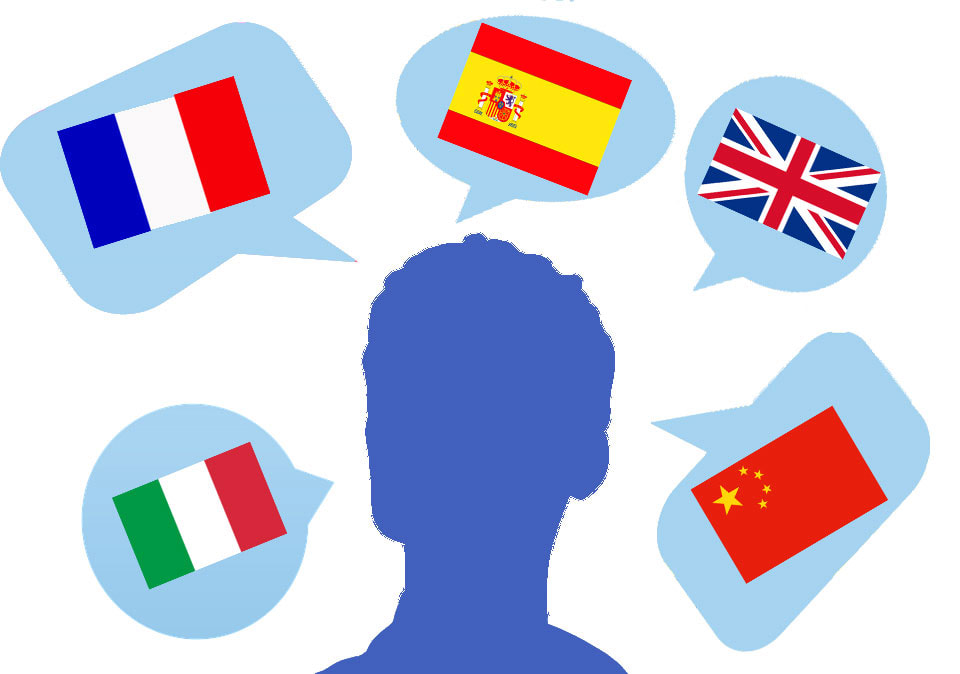Half the world is bilingual

Half the World is Bilingual

In our ever-connected globalized world, the ability to communicate in multiple languages has become increasingly valuable. Today, it is estimated that half of the world’s population is bilingual, meaning they are proficient in two languages. This fact highlights the prevalence and importance of bilingualism in our society.
Bilingualism offers a multitude of advantages, both personally and professionally. Research has shown that being bilingual enhances cognitive skills such as problem-solving, creativity, and multitasking. Additionally, bilingual individuals are often more open-minded and have a greater appreciation for cultural diversity.
Multilingualism can also have a positive impact on career prospects. In today’s global economy, businesses are constantly seeking individuals who can bridge cultural gaps and communicate with international clients and partners. Therefore, being bilingual can significantly enhance employability and open up more job opportunities.

Furthermore, knowing multiple languages can enrich one’s travel experiences. Imagine being able to effortlessly communicate with locals, explore hidden gems, and fully immerse yourself in different cultures. Bilingual individuals can navigate foreign environments with ease and gain a deeper understanding of the communities they encounter.
It is important to note that bilingualism is not limited to specific regions or demographics. People all around the world embrace multiple languages, with different countries boasting varying levels of bilingualism. For example, Luxembourg, where three languages are officially recognized, has an extremely high bilingualism rate. Other nations, such as India and Canada, also have a significant proportion of bilingual citizens due to their linguistic diversity.
The reasons for bilingualism are diverse and can stem from historical, cultural, or educational factors. Some individuals grow up in multilingual households or communities, while others acquire a second language through formal education or immersion programs. Regardless of the path taken, being bilingual is an asset that fosters understanding, empathy, and communication across borders.
In conclusion, the fact that half of the world’s population is bilingual highlights the increasing importance and prevalence of multilingualism. Embracing multiple languages not only enhances cognitive skills but also opens up doors for personal and professional growth. Bilingual individuals have the advantage of connecting with diverse cultures, enhancing travel experiences, and gaining a competitive edge in the global job market. With its numerous benefits, bilingualism has become a vital skill in our interconnected world.
Source: SpeakT
Related Posts
Quick Links
Legal Stuff

